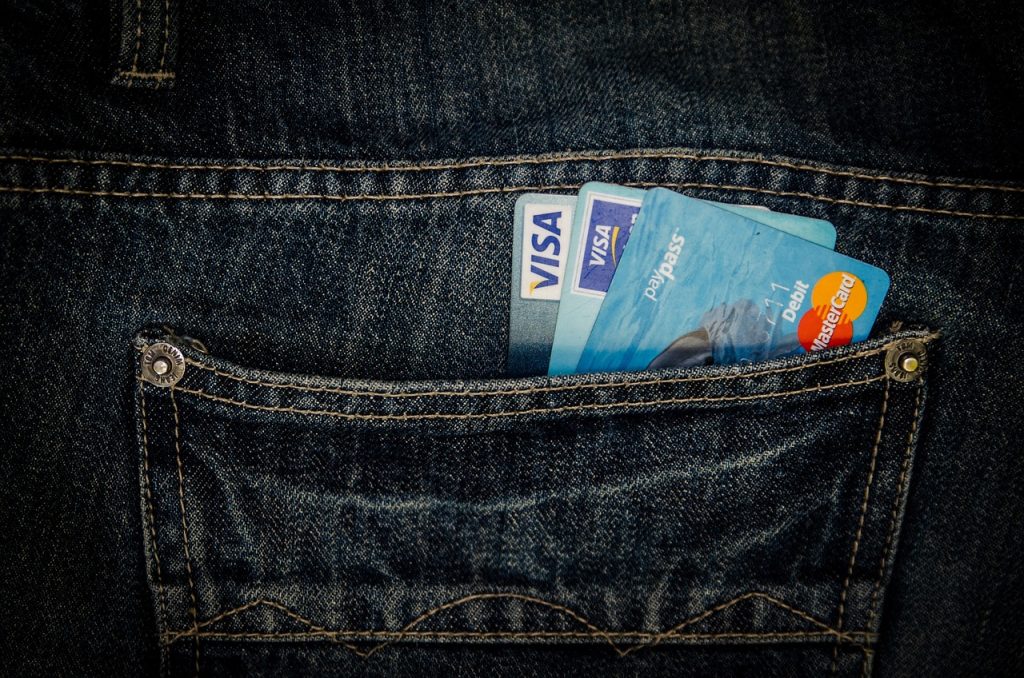Mastercard is on the wrong side of history as it moves to ban cannabis purchases on its debit cards. Mastercard told financial institutions to stop allowing marijuana transactions on its debit cards. Dispensaries are scrambling for already-limited alternative financial options. This is a major blow to an industry on the fringes of financial systems in the U.S.
The payment-processing company asked financial institutions to stop allowing marijuana transactions on its debit cards. There were over 1.46 billion Mastercard debit cards in circulation worldwide including the U.S. by the end of the fourth quarter of 2021.
In a statement, Mastercard explained: “Our rules require our customers to conduct lawful activity where they are licensed to use our brands. The federal government considers cannabis sales illegal, so these purchases are not allowed on our systems.”
The financial services company sent cease-and-desist letters to U.S. banks and financial institutions over dispensary transactions on its debit cards. Medical marijuana is currently legal in 37 states, with 21 states allowing recreational use for adults. Because marijuana remains illegal at a federal level, customers in the vast majority of states where it is allowed are usually forced to pay for cannabis in cash. Think about how ridiculous that is.
While most dispensaries operate as cash-only businesses, some allow customers to use a debit card with their PIN to purchase marijuana. FDIC-backed banks have been prohibited from doing business with dispensaries, growers, distributors, and other marijuana-related businesses that are operating legally under state laws. Visa recently cracked down on cashless ATMs at dispensaries, shutting down a popular workaround to the banking system.
This move by Mastercard is another blow to the state-legal cannabis industry and patients/consumers who want to access this budding category of pain relief and recreational marijuana. Now’s the time for the federal government to step up. Pass a law that would make it easier for cannabis businesses to interact with financial institutions.
The Secure and Fair Enforcement Banking Act (“SAFE”) is looking to free up banking services for the cannabis industry. The bipartisan bill seeks to protect banks from working with legal cannabis businesses and shield them from federal penalization. The federal government must remove the financial constraints around state-legal businesses.
